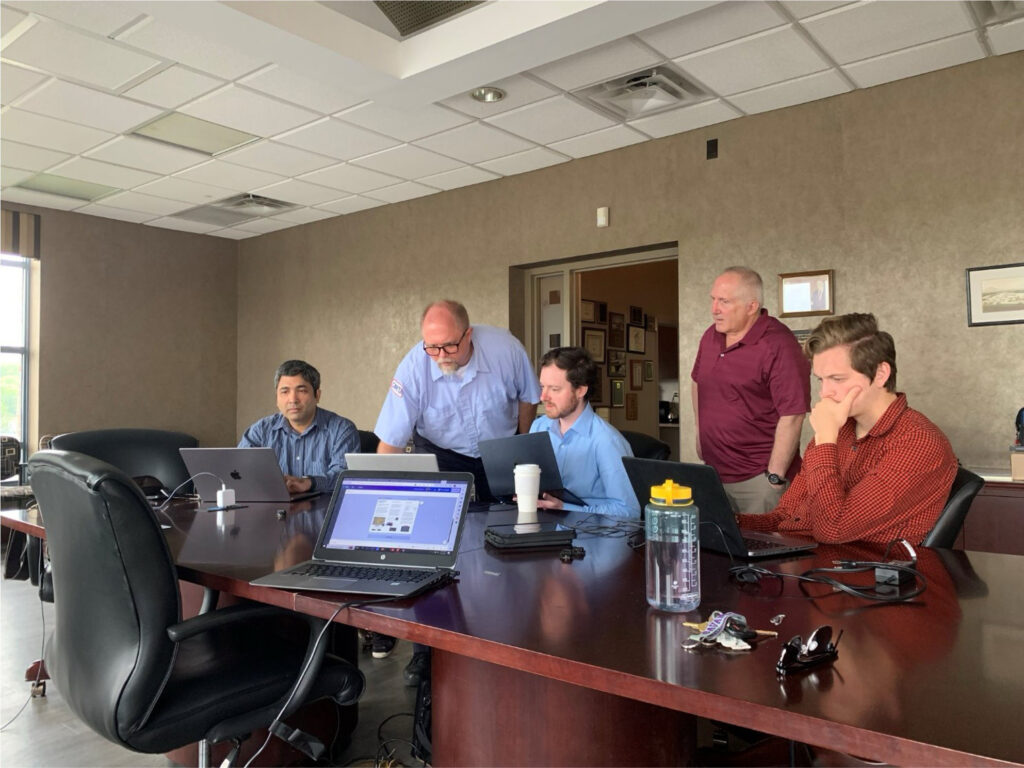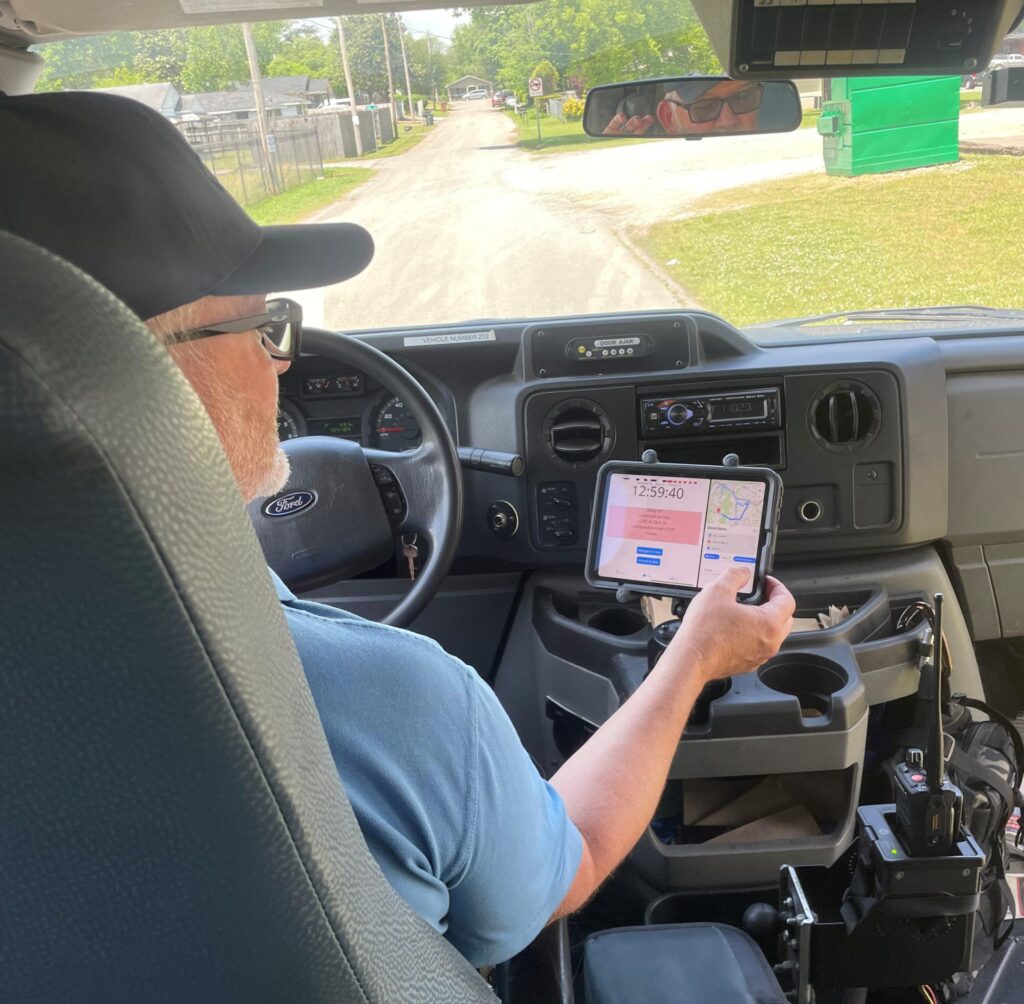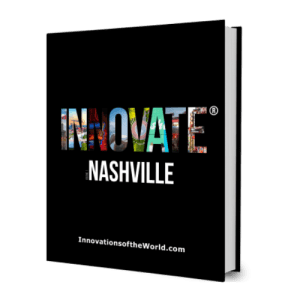In the transportation industry every extra minute and every extra mile eats away at a fleet’s profit. MobiusAI is helping fleets operate at their best. The industry struggles with inefficient planning, outdated software, and razor-thin margins, but Mobius is using AI to empower fleets for excellence.
From Research to Real-World Impact
MobiusAI began as a research collaboration between Vanderbilt University, Penn State, and Cornell, working closely with transportation leaders in Chattanooga and Nashville. For over a decade, these researchers were funded and encouraged by the National Science Foundation, the Department of Energy, and the Federal Transit Administration to address systemic inefficiencies in public transportation. Those experts recognized the need for smart and adaptive systems that respond to real-world complexity.
The research has grown into a dynamic startup with field-tested software that is already improving mobility for customers. With exclusive licenses and ongoing partnerships, Mobius remains deeply connected to the academic innovations fueling its growth. Innovations emerging from the lab are seamlessly integrated into the platform, ensuring customers remain at the frontier of fleet intelligence.

What Sets Mobius Apart
MobiusAI fuses practical operational insights with state-of-the-art AI. The leadership team brings 25+ years of experience from Amazon Logistics, FedEx, and leading NEMT providers combined with researchers who regularly publish in top-tier AI venues and conferences.
This depth of expertise is shown in the product. The MobiusAI platform is a modular B2B SaaS offering that can stand alone or integrate with a customer’s existing system. It enables predictive fleet planning, dynamic routing, and energy-aware optimization.
At the heart of their AI engine is a powerful combination of prediction and optimization – a framework that first simulates thousands of possible futures, then recommends the best by balancing time, fuel efficiency, customer satisfaction, reliability, and other objectives. This equips fleets to strategically prepare for the day ahead.
An additional differentiator is that Mobius utilizes collaborative automation. Dispatchers retain control over operations but have gained a uniquely insightful partner. Through intuitive interfaces, dispatchers may view alternative options, understand the trade-offs, then make the final operational decision.

Why Communities Care
The company’s first four target markets – non-emergency medical transportation, school buses, on-demand micro transit, and fixed-route public transit – serve the heart of local communities. Those target markets operate with legacy software and thin budgets, but Mobius is delivering real change: higher passenger-sharing rates, more reliable vehicle availability, and intuitive tools that empower drivers and dispatchers to perform at their best.
Mobius is also ahead of the curve in supporting mixed fleets – those composed of gas, hybrid, and electric vehicles. As fleets transition to newer technologies, the Mobius platform provides range-aware optimization that considers charging needs, energy costs, elevation, and traffic conditions to build sustainable, efficient plans that maximize uptime and operational efficiency.
Proven Success
In Chattanooga, Mobius improved on-time performance and saved costs by strategically assigning vehicles to trips. Mobius boosted paratransit efficiency by 40%. Mobius’s first NEMT customer freed capacity for 90,000 additional trips annually without adding a single new vehicle – equivalent to $9 million in potential revenue – and cut operating expenses by 14% using real-data simulations. With $500K in non-dilutive funding and committed customers, the company is entering its next phase with confidence.

Market Momentum
Mobius’s go-to-market plan starts with the fast-growing NEMT sector. Two of the nation’s largest NEMT fleets are already under contract, with more in the pipeline, to deliver revenue in June 2025. By 2026, the company will expand to small and mid-sized transit fleets, then later to enterprise logistics firms via API integrations. From a few dozen to a few thousand vehicles, Mobius offers scalable deployment through its own interfaces or by integrating the AI engine into existing systems.
A Team Built to Scale
Mobius has assembled a uniquely qualified team. Co-founders Dr. Abhishek Dubey and Dr. Ayan Mukhopadhyay bring over 25 years of AI research from Vanderbilt University.
Dr. Dubey leads national transportation research at the federal level. The CTO, Michael Wilbur, is the original architect behind the algorithms and has delivered AI for high-impact defense applications. CEO Cal Westenberg and CRO Grayson McClain bring decades of operational leadership from the US Army, US Navy, Amazon Logistics, and FedEx. Visit MobiusAI.tech to learn more about the team and the advisory board.

Why It Is Exciting
Mobius is building the future of intelligent mobility. Their tech is deeply validated, their market is hungry for innovation, and their team has the firepower to deliver. They are making transportation human-centered, efficient, and ready for the future.














